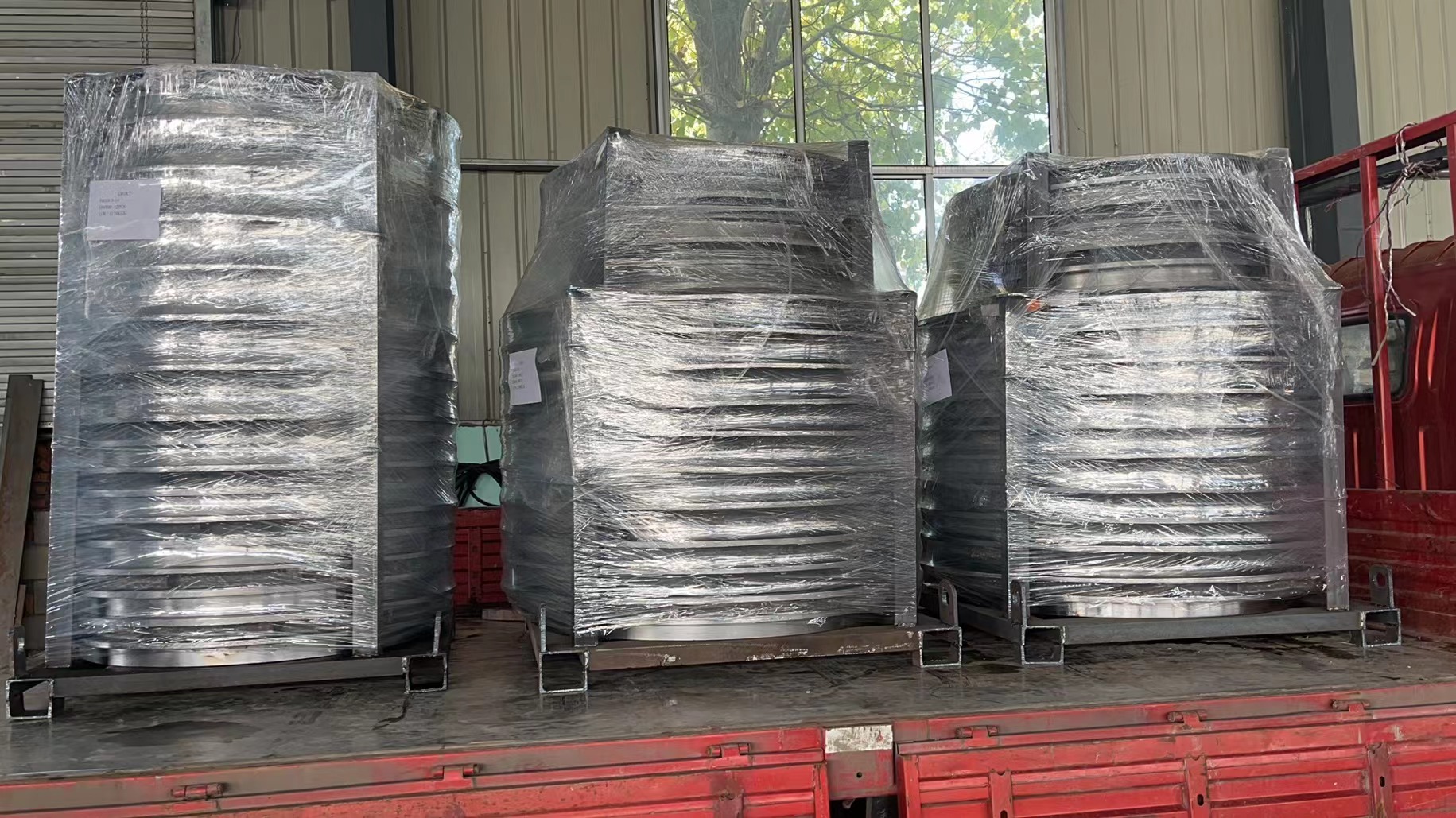- Afrikaans
- Albanian
- Amharic
- Arabic
- Armenian
- Azerbaijani
- Basque
- Belarusian
- Bengali
- Bosnian
- Bulgarian
- Catalan
- Cebuano
- China
- China (Taiwan)
- Corsican
- Croatian
- Czech
- Danish
- Dutch
- English
- Esperanto
- Estonian
- Finnish
- French
- Frisian
- Galician
- Georgian
- German
- Greek
- Gujarati
- Haitian Creole
- hausa
- hawaiian
- Hebrew
- Hindi
- Miao
- Hungarian
- Icelandic
- igbo
- Indonesian
- irish
- Italian
- Japanese
- Javanese
- Kannada
- kazakh
- Khmer
- Rwandese
- Korean
- Kurdish
- Kyrgyz
- Lao
- Latin
- Latvian
- Lithuanian
- Luxembourgish
- Macedonian
- Malgashi
- Malay
- Malayalam
- Maltese
- Maori
- Marathi
- Mongolian
- Myanmar
- Nepali
- Norwegian
- Norwegian
- Occitan
- Pashto
- Persian
- Polish
- Portuguese
- Punjabi
- Romanian
- Russian
- Samoan
- Scottish Gaelic
- Serbian
- Sesotho
- Shona
- Sindhi
- Sinhala
- Slovak
- Slovenian
- Somali
- Spanish
- Sundanese
- Swahili
- Swedish
- Tagalog
- Tajik
- Tamil
- Tatar
- Telugu
- Thai
- Turkish
- Turkmen
- Ukrainian
- Urdu
- Uighur
- Uzbek
- Vietnamese
- Welsh
- Bantu
- Yiddish
- Yoruba
- Zulu
Aug . 29, 2024 04:17 Back to list
Leading Casting Factories for Precision Metal Parts
The Importance of Casting Factories in Modern Manufacturing
Casting factories play a pivotal role in the manufacturing sector, providing essential services for producing complex components across various industries. The casting process involves pouring molten metal into a mold that reflects the desired shape, allowing manufacturers to create intricate parts that are both strong and lightweight. This article delves into the significance of casting factories, exploring their processes, benefits, and contributions to modern manufacturing.
Firstly, casting factories utilize different methods, including sand casting, investment casting, and die casting, each suited to specific applications and materials. Sand casting, for instance, is one of the oldest and most versatile techniques, often used to produce large components such as engine blocks and heavy machinery parts. Investment casting, on the other hand, is ideal for creating intricate shapes and is commonly used in the aerospace and medical industries for components that require high precision and excellent surface finish. Die casting, known for its speed and efficiency, is extensively used for producing high-volume parts like automotive components.
The benefits of utilizing casting factories are manifold
. One of the most significant advantages is the ability to produce complex geometries that would be challenging or impossible to achieve with traditional machining techniques. This capability not only reduces material waste but also minimizes the need for extensive post-processing work, leading to cost savings and faster production times. Furthermore, casting processes can accommodate a wide range of metals and alloys, enabling manufacturers to select the best materials for their specific applications, whether they require lightweight aluminum or durable steel.casting factories

In addition to efficiency and versatility, casting factories are essential in promoting sustainability within the manufacturing industry. Many casting processes are designed to recycle materials, significantly reducing the environmental impact. For example, sand used in sand casting can be reclaimed and reused, while scrap metal from production can be melted down and recast, minimizing waste and conserving resources. This focus on sustainability aligns with global trends aiming to reduce carbon footprints and enhance eco-friendly manufacturing practices.
Moreover, casting factories are vital in supporting innovation and technological advancement. They are at the forefront of research and development, constantly improving casting techniques to enhance product quality and production efficiency. The integration of advanced technologies, such as 3D printing and computer-aided design (CAD), has revolutionized the casting industry, allowing for rapid prototyping and more accurate designs.
In conclusion, casting factories are indispensable to modern manufacturing, offering flexibility and efficiency while also promoting sustainability and innovation. As industries continue to evolve, the importance of casting factories will only grow, making them a cornerstone of future manufacturing solutions. Their ability to adapt to new technologies and methods will ensure that they remain relevant and essential in the ever-changing landscape of industrial production.
-
Premium Cast Iron Water Main Pipe: Durable, Corrosion-Resistant
NewsAug.03,2025
-
Durable Cast Iron Water Mains | AI-Optimized Systems
NewsAug.02,2025
-
High-Efficiency Propane Boiler for Baseboard Heat | Save Energy
NewsAug.01,2025
-
Premium Source Suppliers for Various Gray Iron Castings
NewsJul.31,2025
-
Durable Cast Iron Water Main Pipes | Long-Lasting
NewsJul.31,2025
-
High-Quality Cast Iron Water Main Pipe for Durable Infrastructure
NewsJul.30,2025


